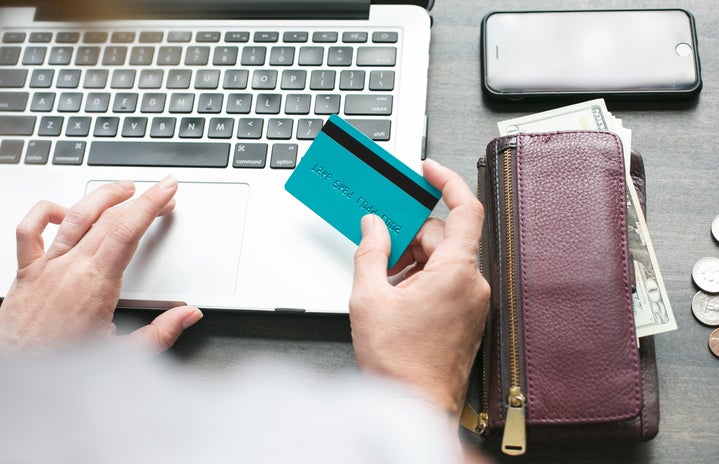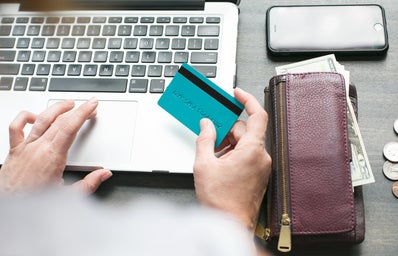Nowadays, cash is rarely used when making a purchase. Most people use some sort of digital payment method, usually a debit or credit card, to make the transaction. However, a shocking 32% percent of teens don’t know the difference between credit and debit cards. This guide will explain the key differences between the two types of digital payment.
Debit
Your debit card is directly connected to your bank account. When a transaction takes place, money that has already been deposited into your bank account is immediately used to cover the purchase. Debit cards can be useful as an alternative to credit cards in situations where credit cards aren’t accepted. However, in many of these situations, cash is still king and most merchants would prefer it over a debit card transaction.
Debit cards have a low level of fraud protection. Contrary to what most people think, debit cards do have some protection, however, it is not to the same degree as credit cards. If your debit card has been used without your permission, depending on how early you notify the bank, you might receive some coverage. However, it is equally possible for the thief to drain all of your funds. If you are a victim of debit card fraud or interested in seeing how this might apply to your situation, check out this Experian link.
However, one benefit of having a debit card is that you can only drain what you have (but it doesn’t mean you should). In other words, it may be a good financial resource if you aren’t a great saver. By having limited funding, it is easier to stay within a budget, unlike credit cards, which you can use to spend money that you don’t have at the moment. A good way to look at it is treat at a debit card the same way you treat cash: you don’t want to spend a lot of it but if you lose it, it could be gone forever.
Credit
Your credit card is not directly connected to your bank account. When you use a credit card, you spend “credit” or loaned money. When a transaction takes place, the credit card company covers the bill, and then after one cycle (usually one month), you receive a credit card bill where you can choose to pay the minimum, statement balance, or full balance (more on that later).
Credit cards offer more protection against fraudulent charges. Since the money that you are spending is “credit”, it is much easier to dispute charges. Since you aren’t spending your money right away, if you are short on cash you can still use your credit card to get you through the month.
The drawback of using credit cards is that it is easier to get carried away. For some people, since you aren’t using your own money when the transaction takes place (i.e., no money leaves your bank account), it is easy to overspend and not have enough money to cover the bill. If you cannot cover the bill, you can be subjected to expensive credit card fees or a drop in your credit score. However, many credit cards offer a grace period where you are not subjected to interest for a specific duration of time or a one-time fee waiver.
When the time comes, it may be in your best interest to apply for a credit card. Once you are able to responsibly budget and maintain your cash flow, a credit card will be a more secure form of payment. There are many more benefits and incentives of using a credit card, but there are also some risks, just like any other financial decision. You can check out some pros and cons here.


